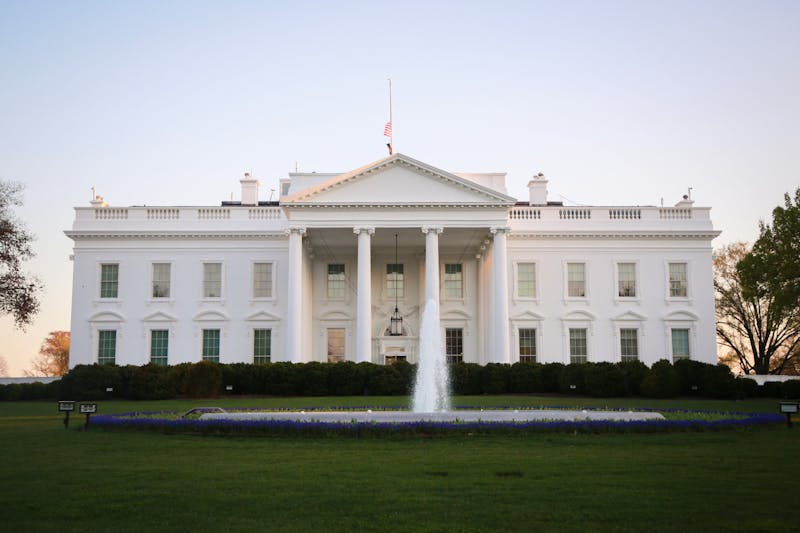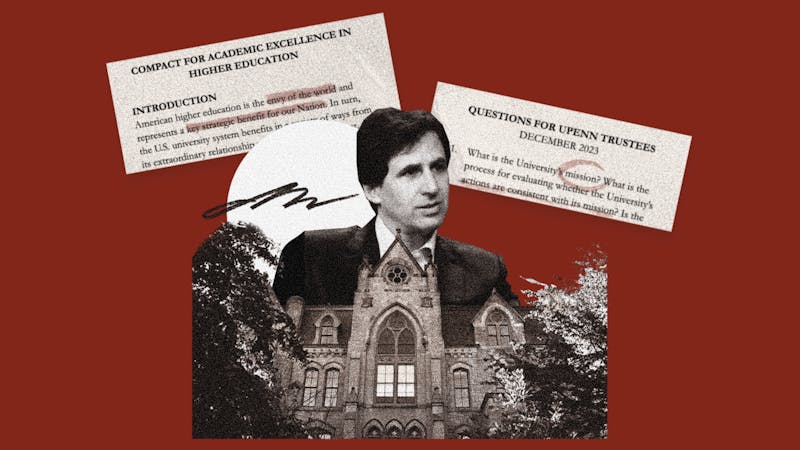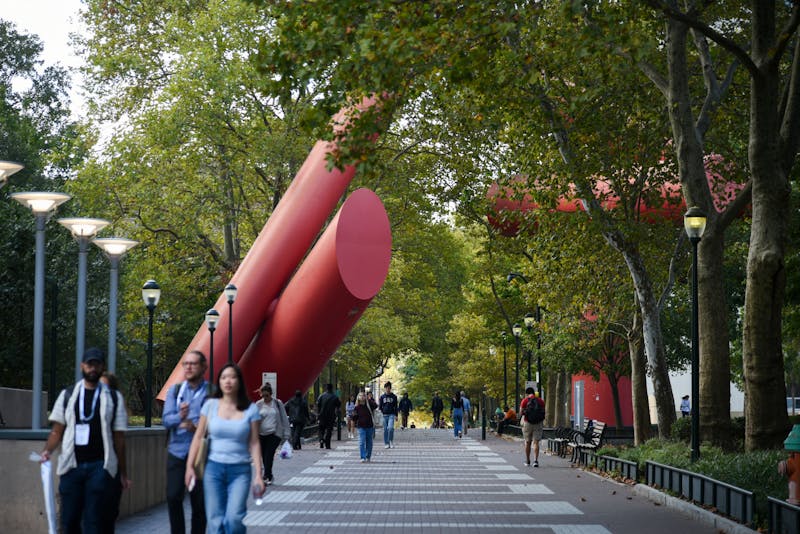The chances for peace and stability in Afghanistan are becoming ever smaller as military strikes continue around the clock, leaving some observers worried.
The war on terrorism has only just begun, but many in the field of international politics are concerned that Afghanistan and Central Asia in general will remain inherently unstable even after the bombs have stopped falling.
"With enough money and force, I suppose stability can be enforced anywhere," Political Science Professor Rudra Sil said. "But it will take a lot of money and lot of force given the conditions in Afghanistan."
Afghanistan has been in turmoil for years. In 1979, the Soviet Union invaded the Central Asian nation and touched off what would become more than two decades of bloody civil war and relentless political uncertainty. Major regional powers have been vying for influence in Afghanistan, complicating the situation.
Anthropology Professor Brian Spooner, who has done ethnographic research in Afghanistan, is concerned with competing interests in Central Asia, namely those of Russia, Pakistan and India.
"It's going to be very difficult for the United States and Britain to get them all to work together and agree," Spooner said.
With many experts warning of a political vacuum if and when the ruling Taliban regime is overthrown from power, the opposition Northern Alliance finds itself increasingly in the limelight. But the Northern Alliance has been weakened by the assassination of its leader last month.
"The biggest problem with the Northern Alliance is that [their leader] Ahmad Shah Massoud was assassinated by suicide bombers two days before the Sept. 11 attacks," Spooner said of the much-loved and charismatic commander.
"There is a lot of tension between Pakistan's government and the Northern Alliance," Sil said. "You can't prop up a regime in Afghanistan that is not acceptable to Pakistan."
Pakistan has lent support to the Taliban in the past and remains the only nation that continues to recognize it as the legitimate government of Afghanistan.
Some professors said they were concerned about whether the United States should take a leading role in installing a new regime in Afghanistan.
"If we bring down the Taliban regime, it's a dilemma for us because we do not, in any case, want to be the perpetual nation-builders of whatever regime follows," Political Science Department Chairman Jack Nagel said.
Political Science Professor Alvin Rubinstein agreed, saying the United States does not know enough about the country's political climate to organize a post-Taliban government.
"One thing we can say for sure, the United States is not the one to be the leader," Rubinstein said. "We don't have the know-how, the real understanding of what makes politics in Afghanistan go."
And Sil cautioned against rushing to support just any regime that opposes the Taliban.
"Simply picking a new leadership that looks like a friend or an ally will be a short-term remedy at best," he said.
He also voiced worries about the stability of the entire region.
"There is India where a lot of people are getting antsy about the renewed ties between the [United States] and Pakistan," Sil said. "At the same time, Pakistan is unhappy about India linking the war on terrorism to its own struggles against Muslim militants in Kashmir."
Some professors were more optimistic about the future of the region.
Rubinstein, for one, was confident that civilian infrastructure may see limited damage throughout the air strikes, pointing out that bridges and power plants have not been heavily targeted.
"The Americans have been enormously respectful," he said.
Spooner said he thinks the region may actually be more stable after the conflict has been resolved.
"In the future, I feel it's possible to hope that Afghanistan, and for that matter Pakistan, can benefit from the attention they are getting," Spooner said. "I hope that the United States and other allied governments will have the prescience to get into reconstruction."
The Daily Pennsylvanian is an independent, student-run newspaper. Please consider making a donation to support the coverage that shapes the University. Your generosity ensures a future of strong journalism at Penn.
DonatePlease note All comments are eligible for publication in The Daily Pennsylvanian.







